
‘If we are truly conservatives today, then we must want to revolt against this contemporary, anti-conservative world. Does anyone seriously believe that Burke would want to conserve what we have right now?’
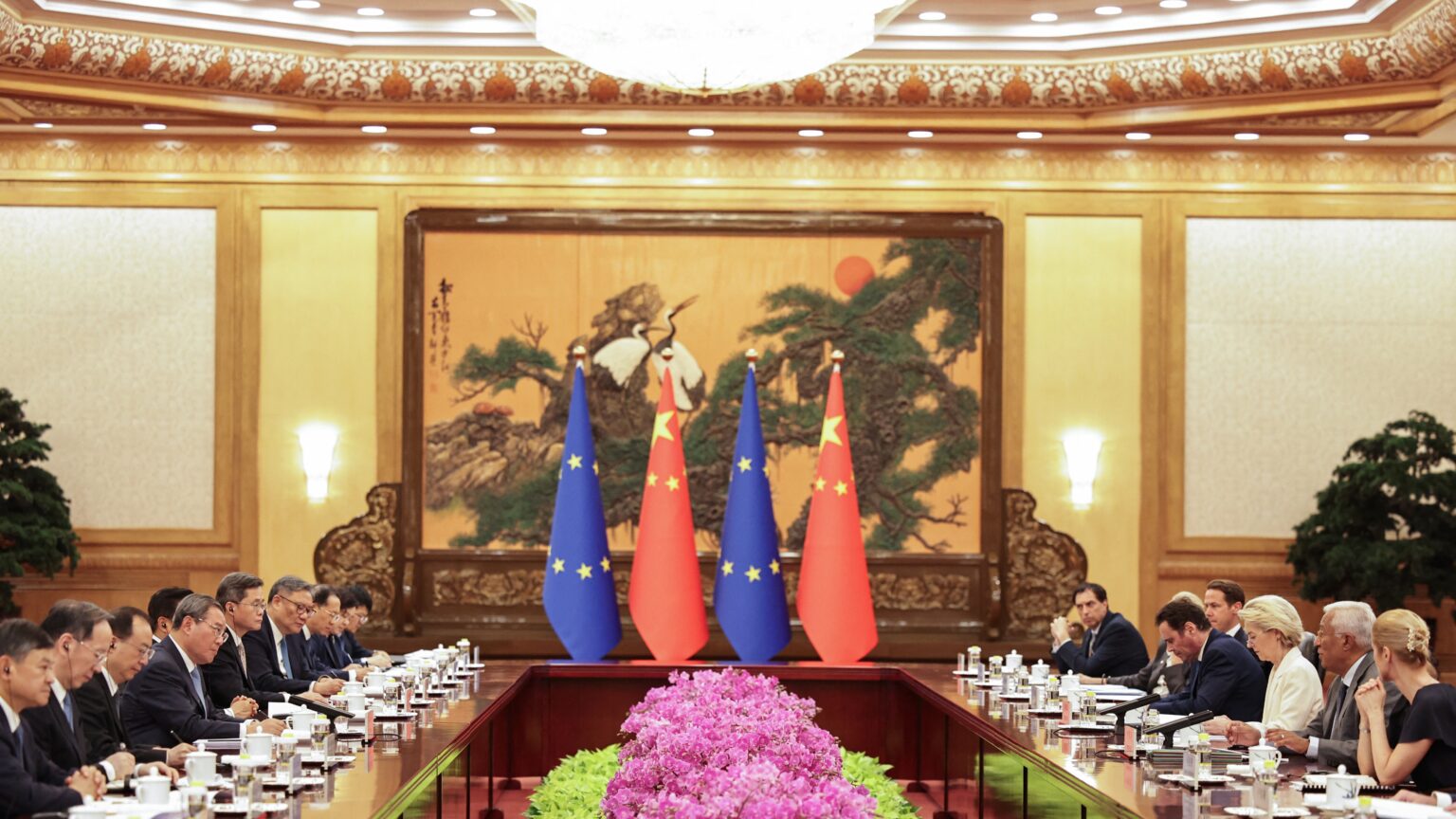
‘The belligerent tone of European leaders reinforces, on the Chinese side, the image of an ideologically aggressive West, expansive and domineering by its very cultural core.’

‘The problem is that the French government is spending too much money. In August of this year, just before the government collapsed, Finance Minister Eric Lombard warned that if the country did not get its act together, it would end up going to the IMF for a bailout.’
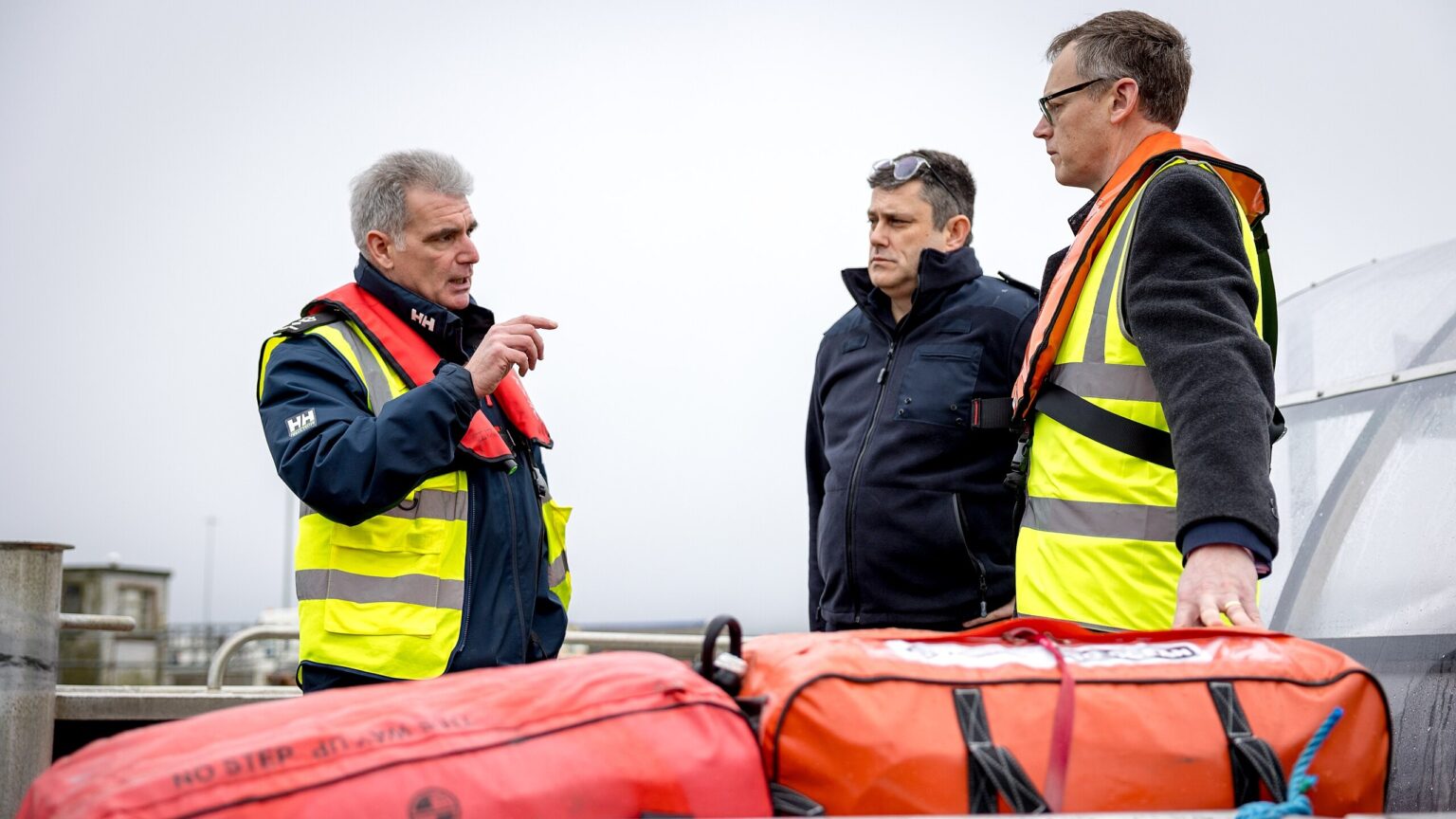
‘Scratch below the surface of the immigration crisis and what you find is a volatile combination of fear and disgust, driven by deeper anxieties over corruption and betrayal. At its centre is an imperilled idea of Britishness and cultural purity.’
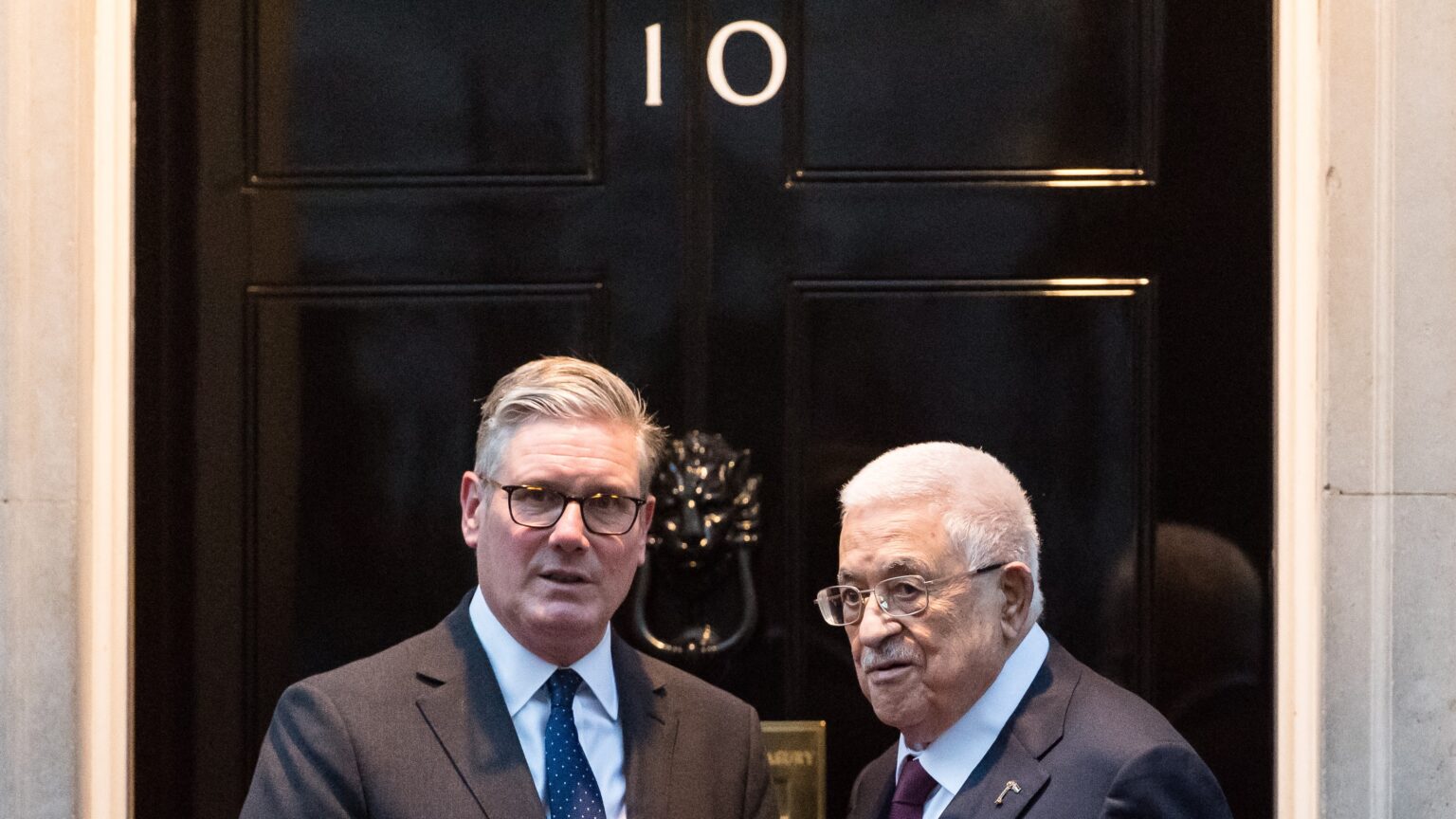
‘Under Labour Britain has marginalized itself into irrelevance. Not through accident or happenstance but as a deliberate policy choice.’
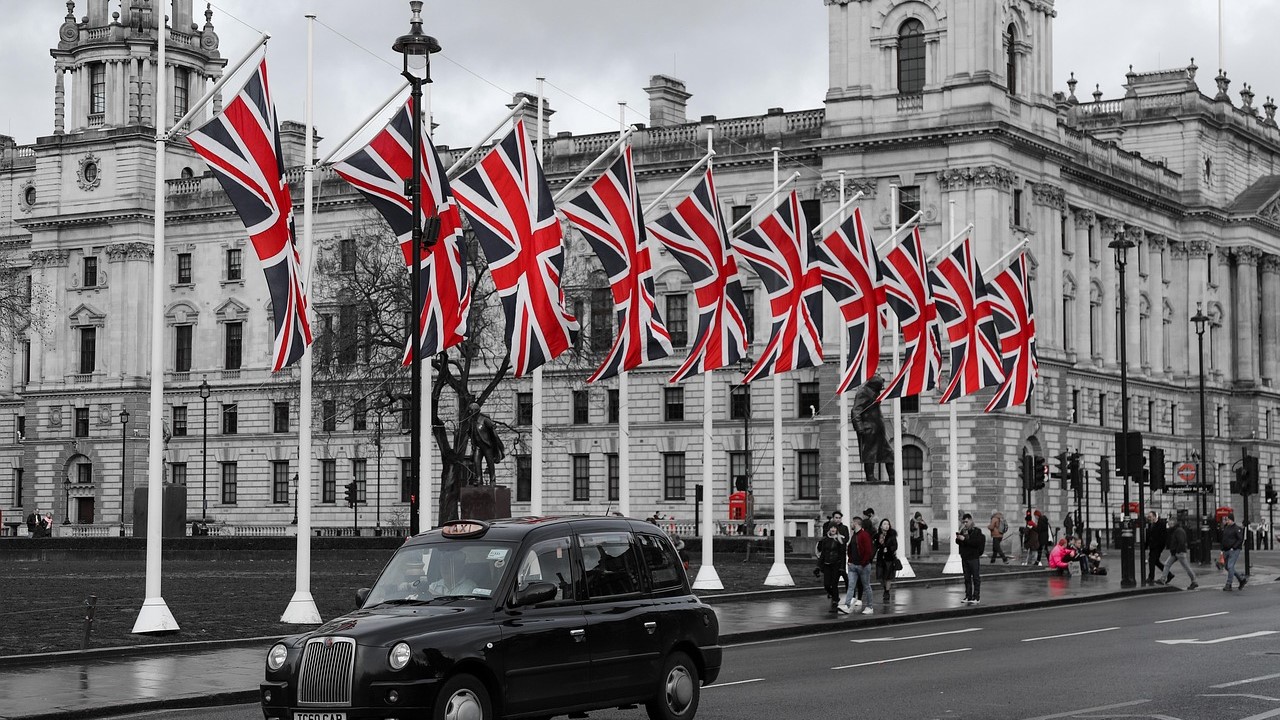
‘The demise of the great party owes itself in large part to a false interpretation of history. What Mrs Thatcher did was simply to act in the way the conditions of the time demanded.’

‘Had Trump been a Democrat, he would have won the Nobel Peace Prize. It is nothing short of a scandal that he did not win it this year.’
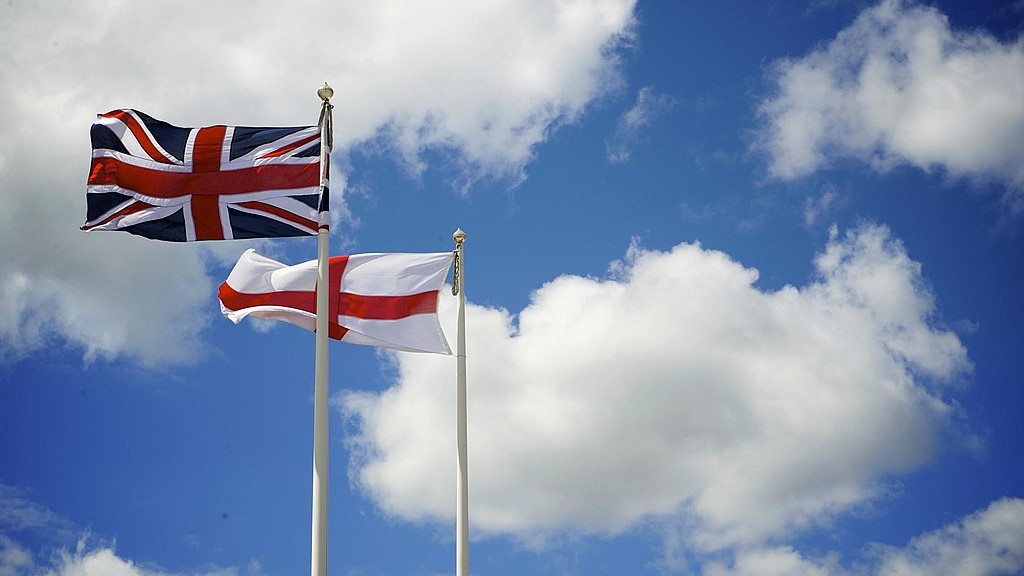
‘When that framework is attacked or discredited, society doesn’t become more tolerant: it becomes more fractured. National symbols, such as the flag, serve not to exclude but to unite. They are the visual shorthand for a shared story.’

AI are minds deprived of almost everything we previously viewed as essential to one. Is this not the very definition of a demon?

‘Beyond the fence on the Serbian side…the AK-47-wielding people smugglers have established military-style camps for the migrants; is it compassionate to support a multi-billion-dollar criminal enterprise? Many illegal migrants who successfully break through are forced to continue paying the smugglers under duress; is it compassionate to support a modern form of indentured labour?’

‘What are Western institutions for? To impose left-wing progressive ideologies on the world? If so, how are they any different from the Warsaw Pact or its late successor, the “Russian World”?’
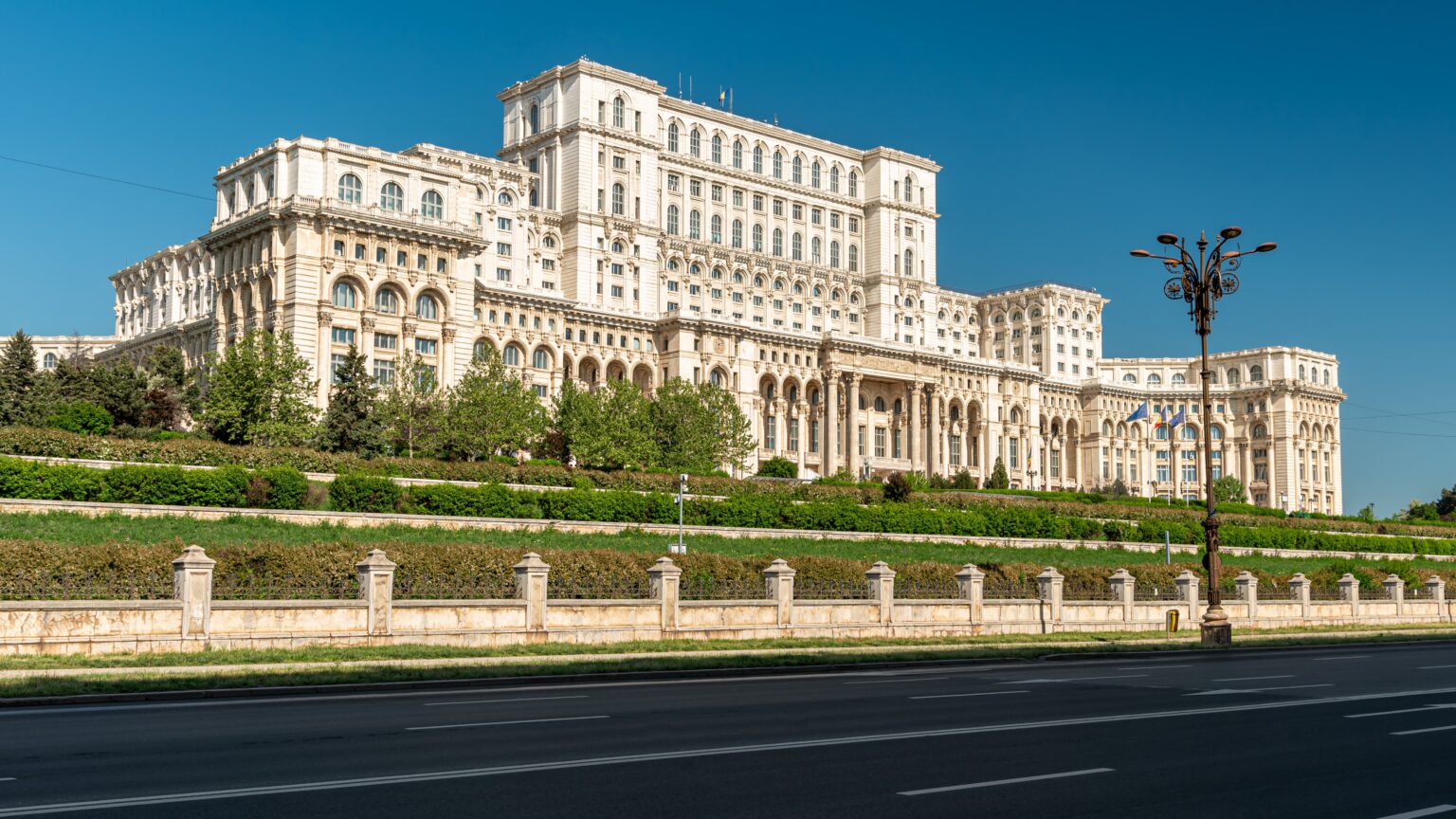
‘The best approach for Hungarian politicians is to try to help Romania find a new path. The globalist path that the country has been on for the past two decades is coming to an end. Romania needs to figure out new ways to engage with a new world. The country can no longer rely on external alliances or foreign financial inflows. It must fight for its future and its prosperity.’

‘On the face of it, it looks like Robinson used violence as an instrument for advancing a political goal that he came to believe couldn’t be advanced by any other means. The goal was to silence Charlie Kirk, who was an outspoken critic of LGBTQ rights…If all this is correct, Robinson is the archetypal terrorist who murdered not for personal reasons but for politics.’
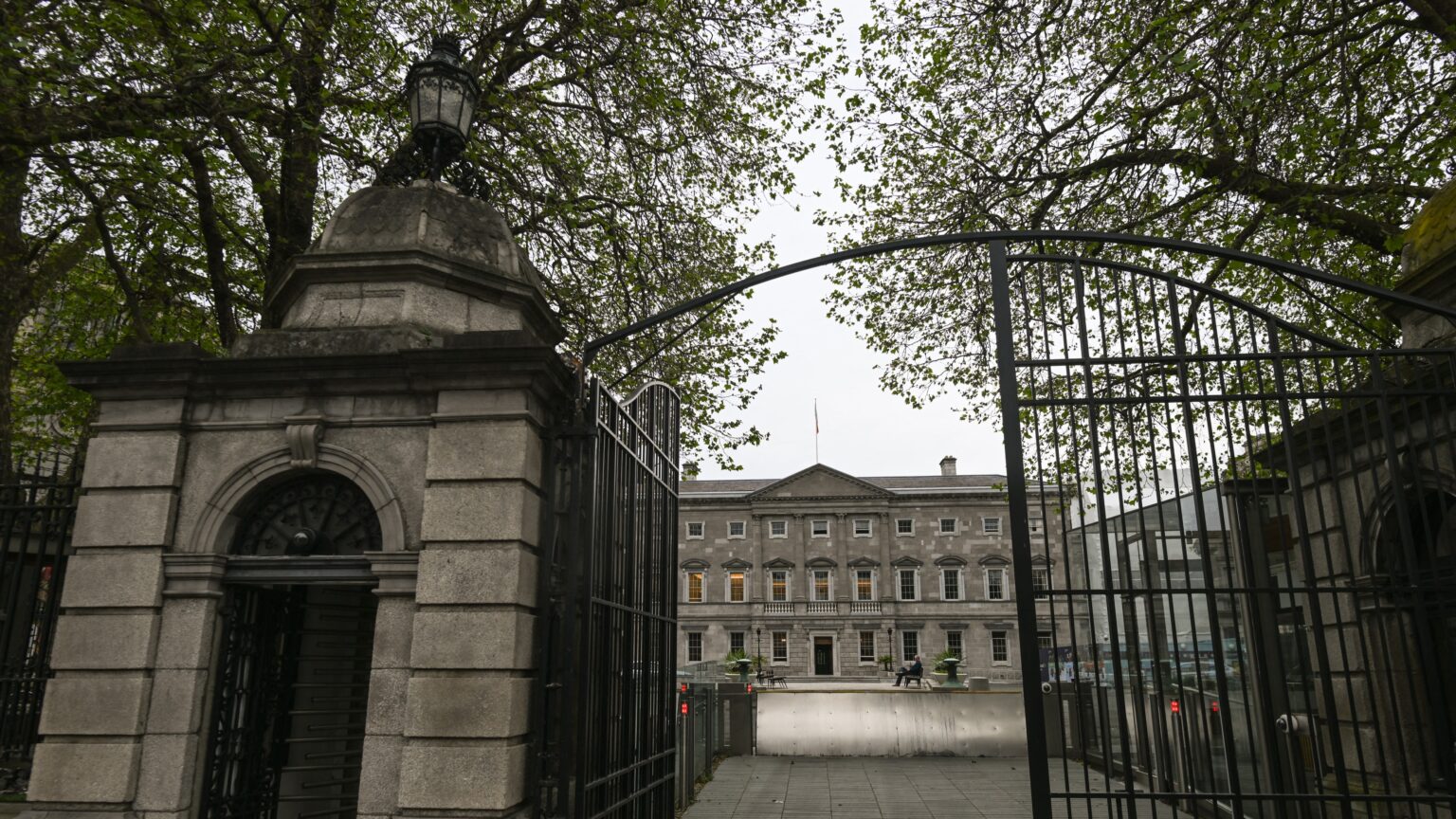
‘Across Europe, establishment forces increasingly block ballot access to maintain liberalism’s tight grip.’
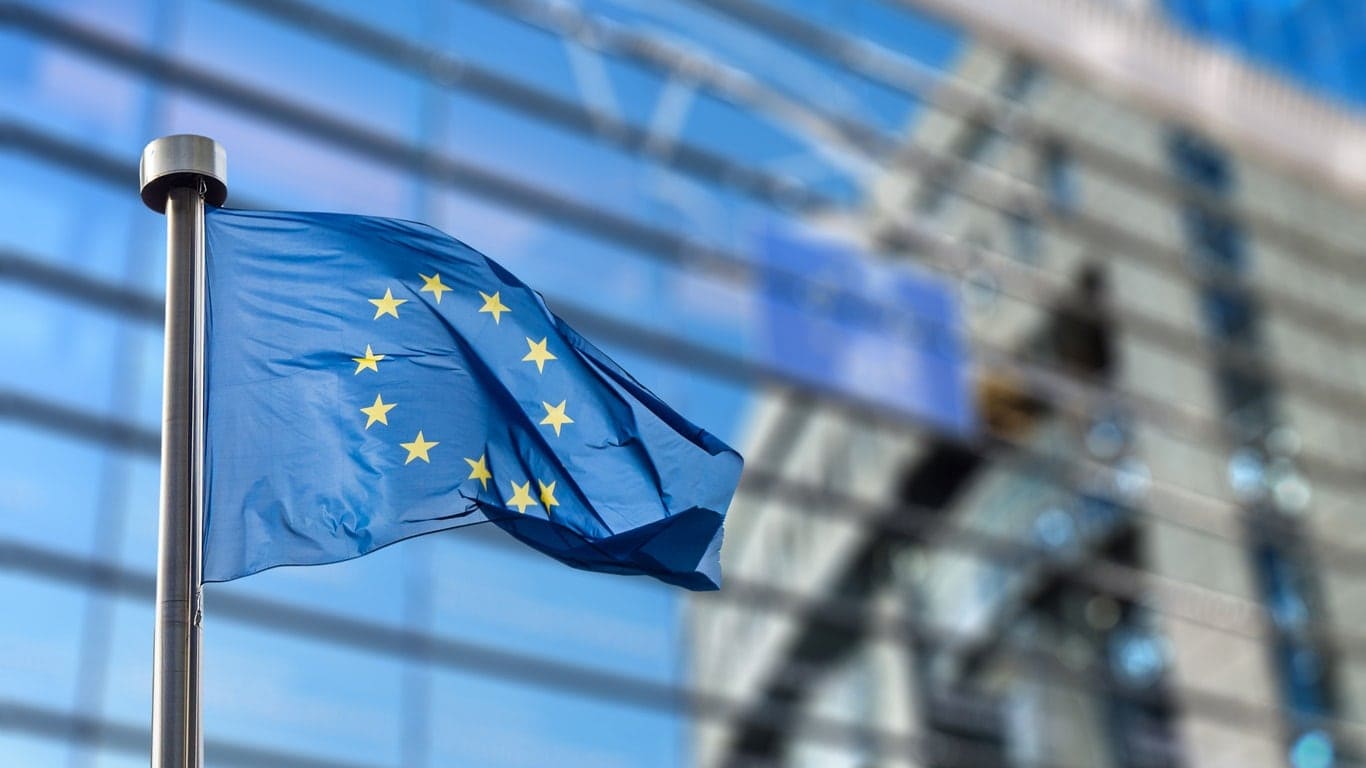
‘In recent years, the European Union has been seeking the glamour of international politics. It wants to behave like a great power, while its vocation should be to organize close cooperation between sovereign states. It wants to wage war when its mission is to bring peace. Under the current leadership, it has abandoned its mission as set forth by the Founding Fathers, and this could cost it its existence.’
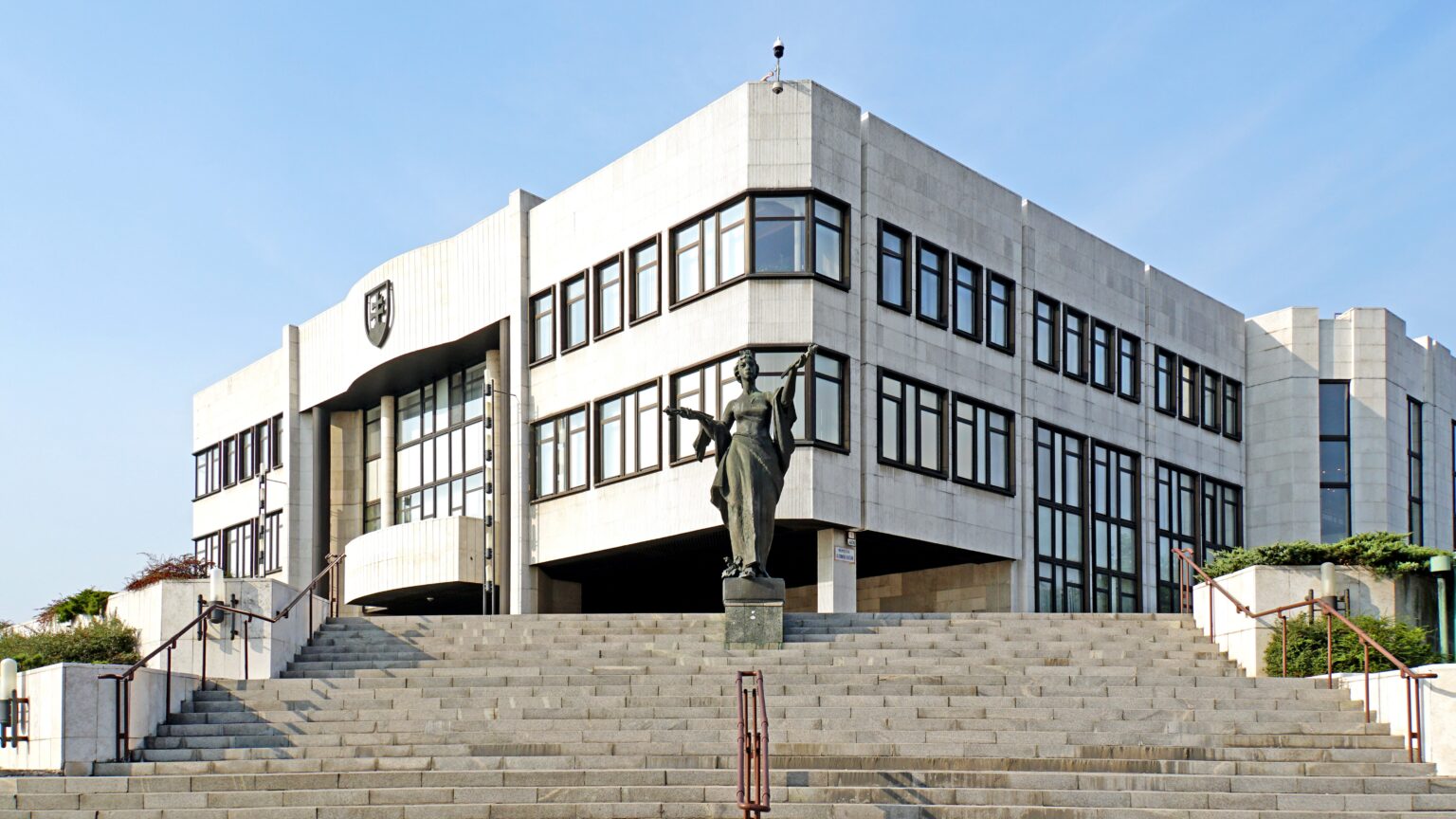
The country exemplifies competition between liberal and postliberal forces.

While mainstream media screams ‘MAGA lunatic’ after the Michigan Mormon church mass shooting, the truth tells a different story. Thomas Jacob Sanford was not driven by Trump but by animosity toward Mormons. Contrast that with left-linked violence—like the ICE shooting or Charlie Kirk’s assassination—where ideology was scrawled on the very bullets.

‘In recent years, international football has undergone a number of drastic changes. I welcome several of these developments…However, fans should keep in mind that not all change is good change…At some point, fans need to stand up to protect the tradition of the great game.’

‘It isn’t clear what can be done to reverse this dynamic of polarization and derangement. But we are not powerless to resist its grip and we could, if we choose, exercise more decorum in how we respond to the deaths of other people. And if we can’t screen out the most deranged voices online, we can at least try to resist their provocations.’
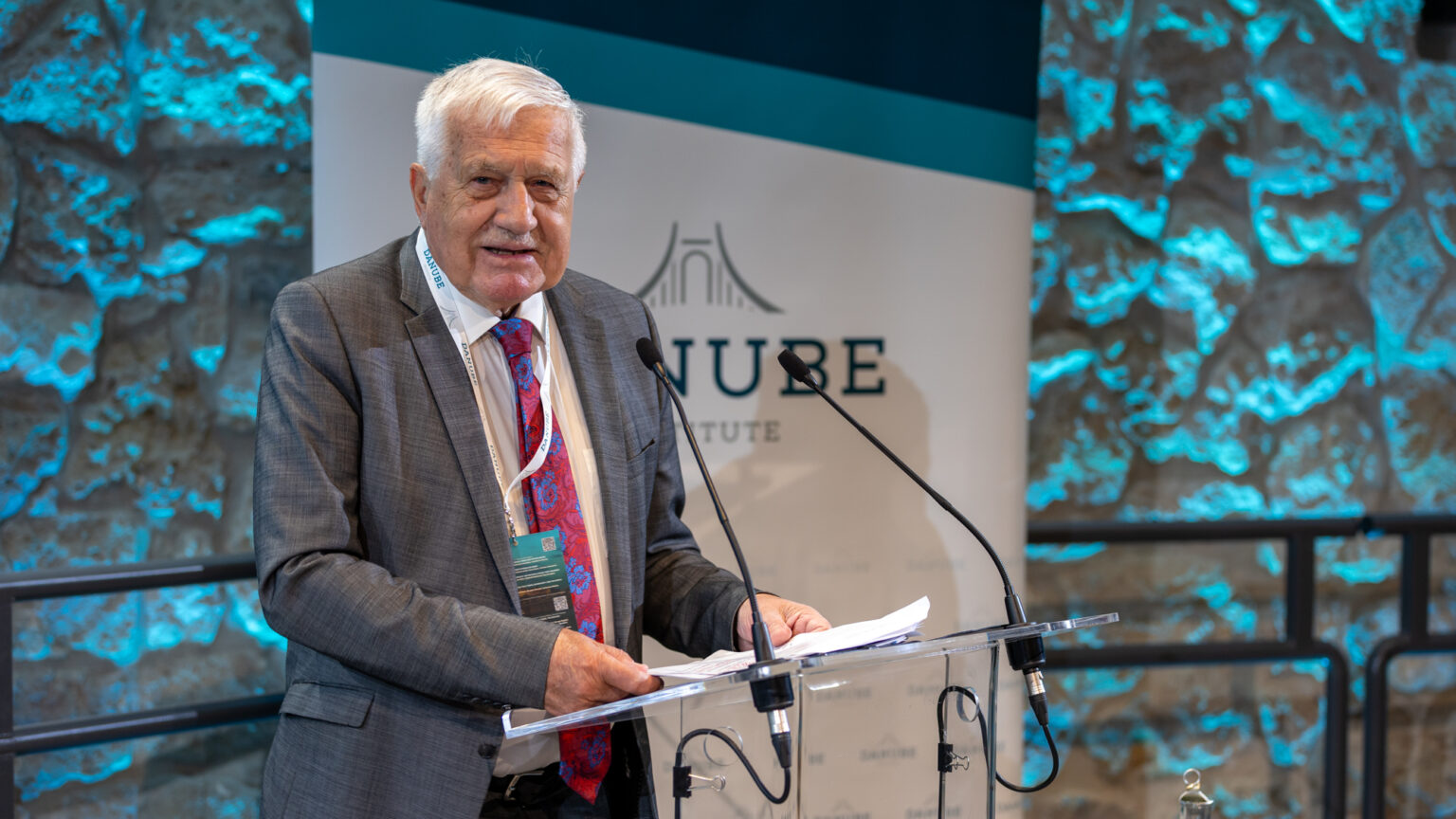
‘The question in the title of this panel is based on the very dubious assumption that—until now—we have been living in an era of globalization and that this era is now coming to an end. I consider this a wrong way of thinking, a wrong reasoning, a wrong reading of history.’
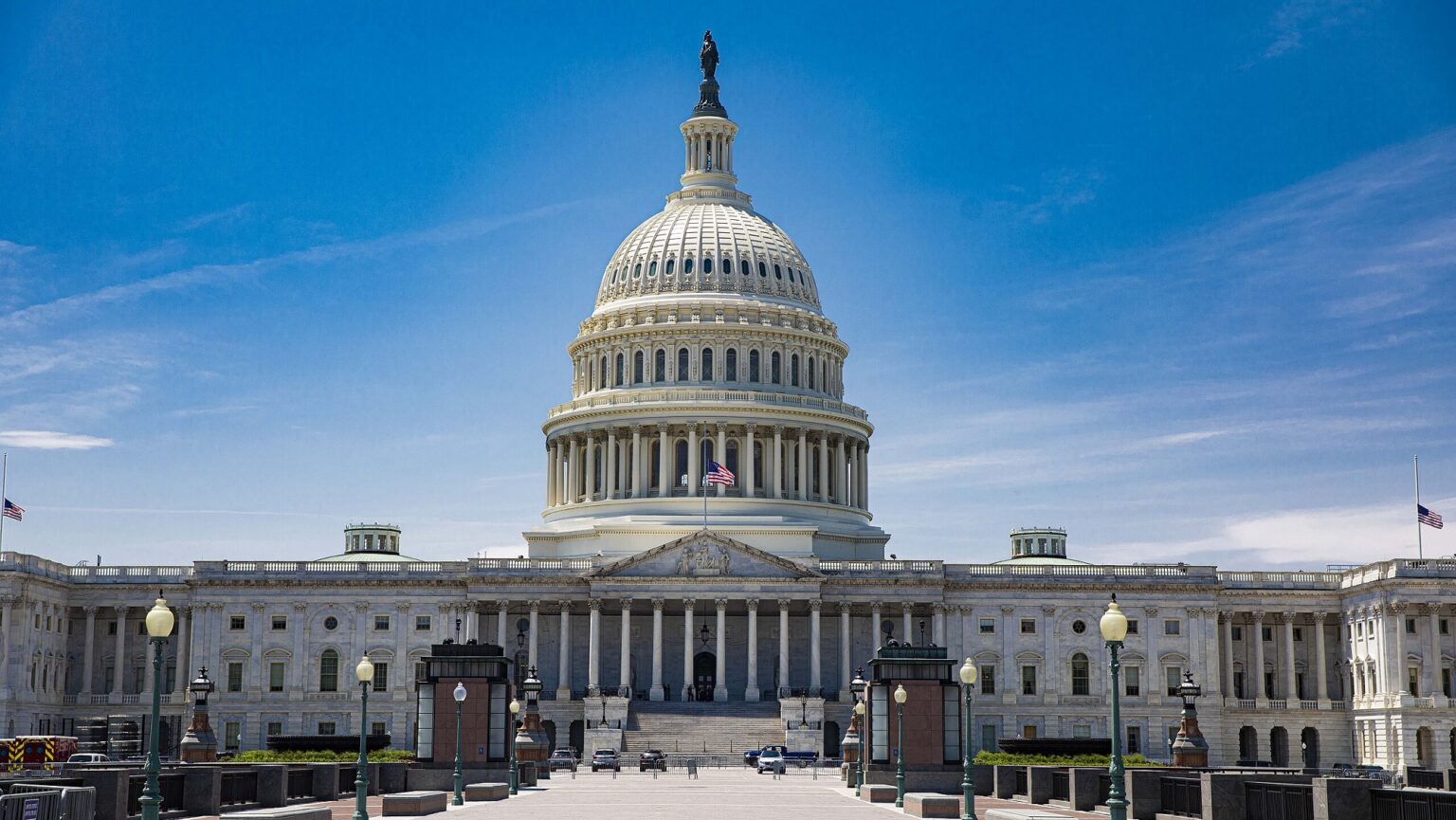
With a federal government shutdown likely coming in the US, it is worth asking: why not include appropriations bills for annual federal budgets in the list of exceptions that do not need to clear the 60-vote threshold in the Senate to overcome the filibuster?

‘As someone with libertarian leanings and a true appreciation of free speech, am I wary of government overreach in the regulation of network television? Yes, of course I am. But do I believe that penalizing companies that use public airwaves to broadcast high-production shows which exclusively mock the opposition to the party they donate to constitutes such overreach? Absolutely not.’
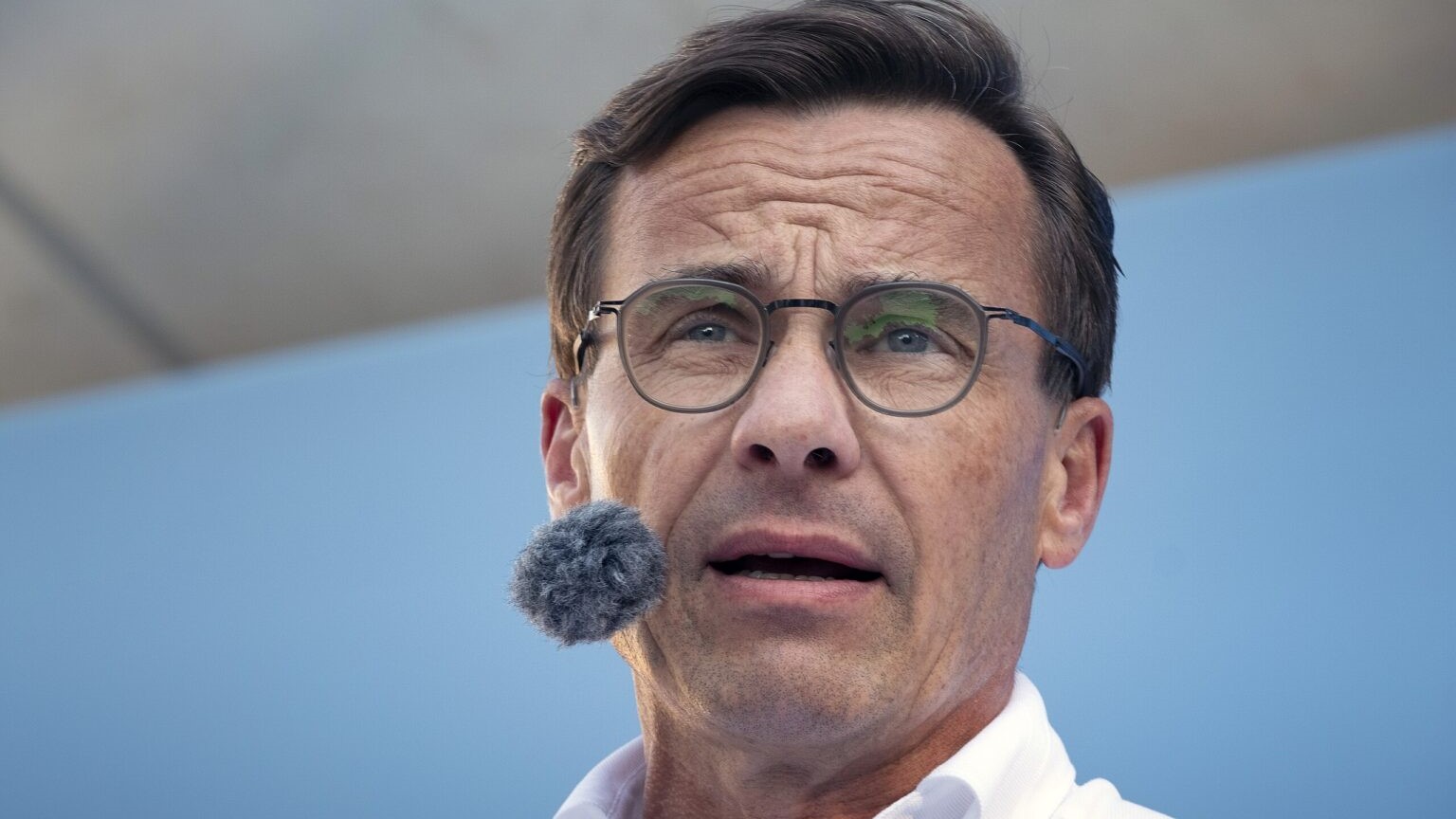
‘The fact is that Sweden faces a serious problem with extremely violent crime, and children are drawn into it both as victims and perpetrators. Regardless of the exact figures, the collective media and political reaction to Orbán’s fundamentally reasonable criticism looks like dressing up a pig.’

The blood of Iryna Zarutska and Charlie Kirk is not only on the hands of their killers—it stains the political and cultural establishment that excused, enabled, and even celebrated their deaths. These tragedies are not isolated—they are warnings for conservatives worldwide.
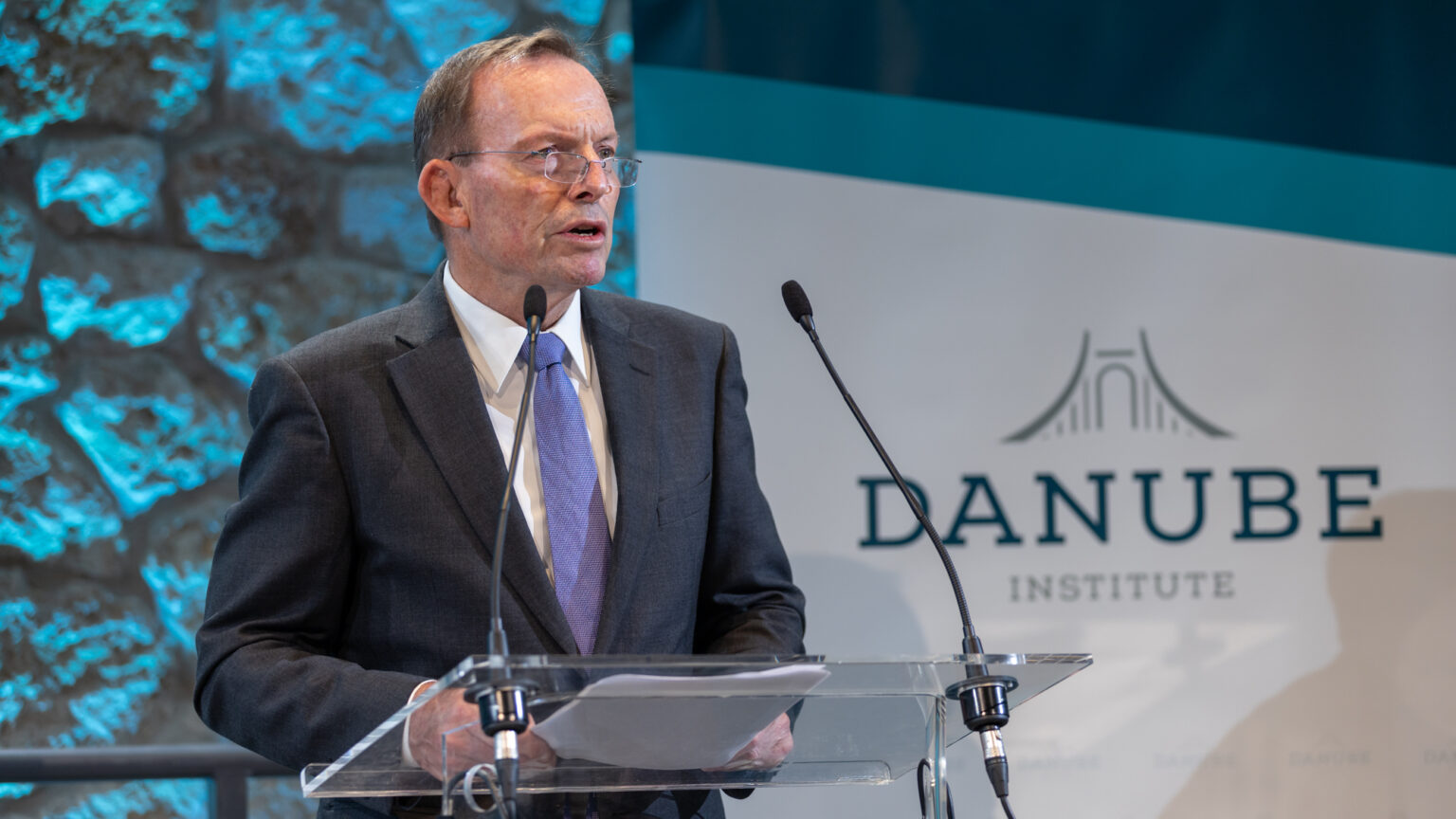
‘The sad truth is that most liberal democracies have had it so good for so long that we’ve forgotten that almost nothing worthwhile comes without effort, that freedom has to be defended, and that often enough the alternative to fighting is surrender. Something that Israel has always known; that the Ukrainians have more recently discovered; that the Taiwanese might belatedly be waking up to…’

‘Given the sexual curiosity of people today, especially among the youth, there is a pressing need for the Church’s shepherds to speak with clarity on such matters. Regrettably, what we often witness is the ostrich effect at the very best—or rather, the application of the legal maxim: “Qui tacet consentire,” that is: “In their silence, they give consent.”’

‘The current epoch marks another revolutionary shift: the digital warfare paradigm, driven by rapid advances in artificial intelligence, cyber capabilities, autonomous weapons, and real-time data integration…It is no longer sheer numbers or tonnage of materiel that decide battles, but information superiority, network resilience, and the speed of decision-making.’

French President Emmanuel Macron’s remark calling Vladimir Putin ‘an ogre at our gates’ marks a dangerous shift in Europe’s war rhetoric. Once confined to online echo chambers, dehumanizing language is now openly used by Western leaders—laying the ground for escalation, while exposing the blatant hypocrisy of those who once condemned such tactics when used by Donald Trump.
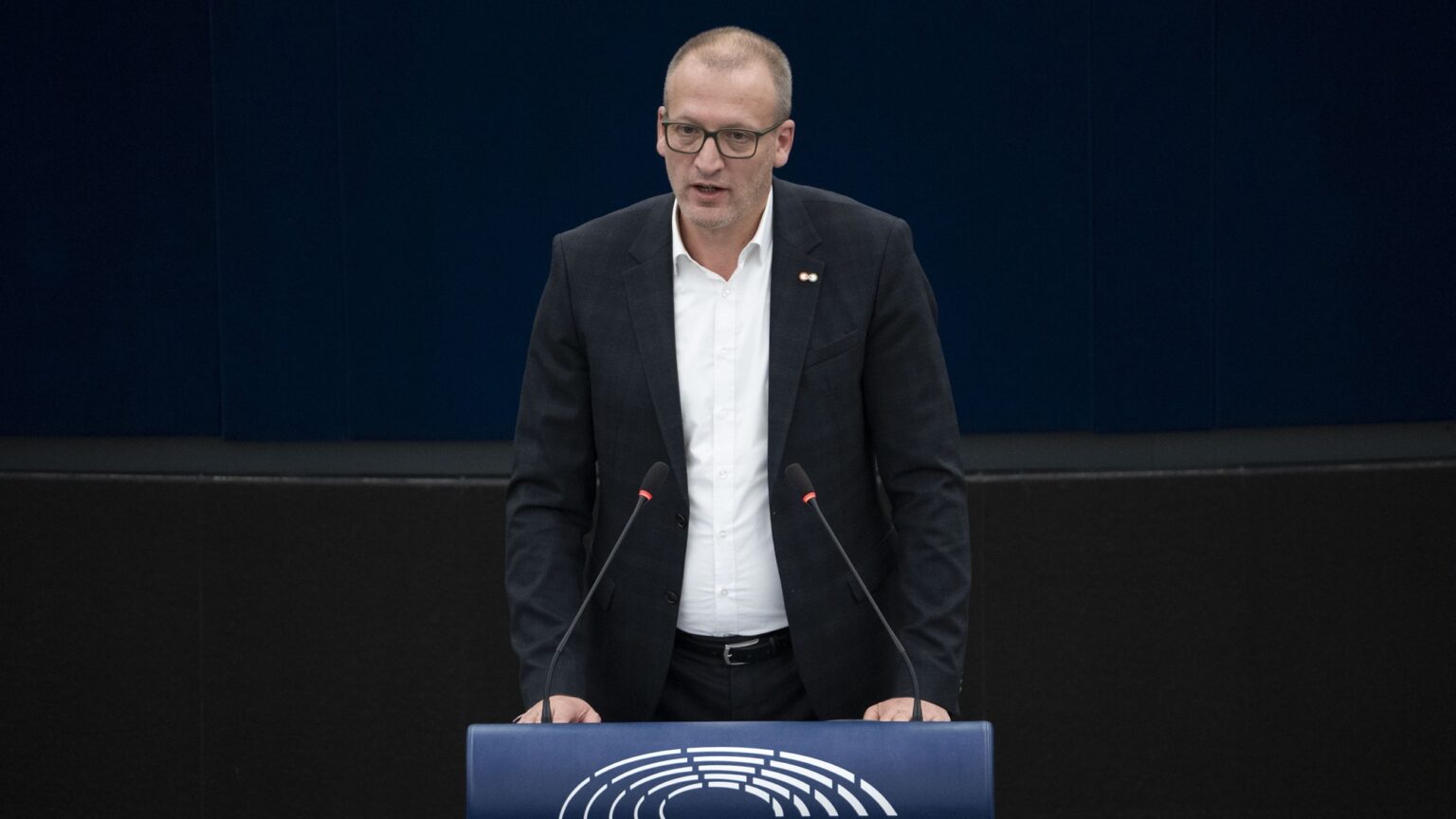
At a campaign event, TISZA Party Vice Chair Zoltán Tarr said: ‘I won’t tell you everything, because if I did, we would fail,’ referring to the party’s plans. TISZA’s PM candidate, Péter Magyar, urged journalists to hear the full context—then admitted he hadn’t listened to the full discussion himself.

Robert Brovdi is no hero for Hungary. His drone strikes on Druzhba threaten Hungarian families’ energy security and mock treaties and the international law. Some may call him a hero, but in truth, he serves only Kyiv—and his own words make that painfully clear.